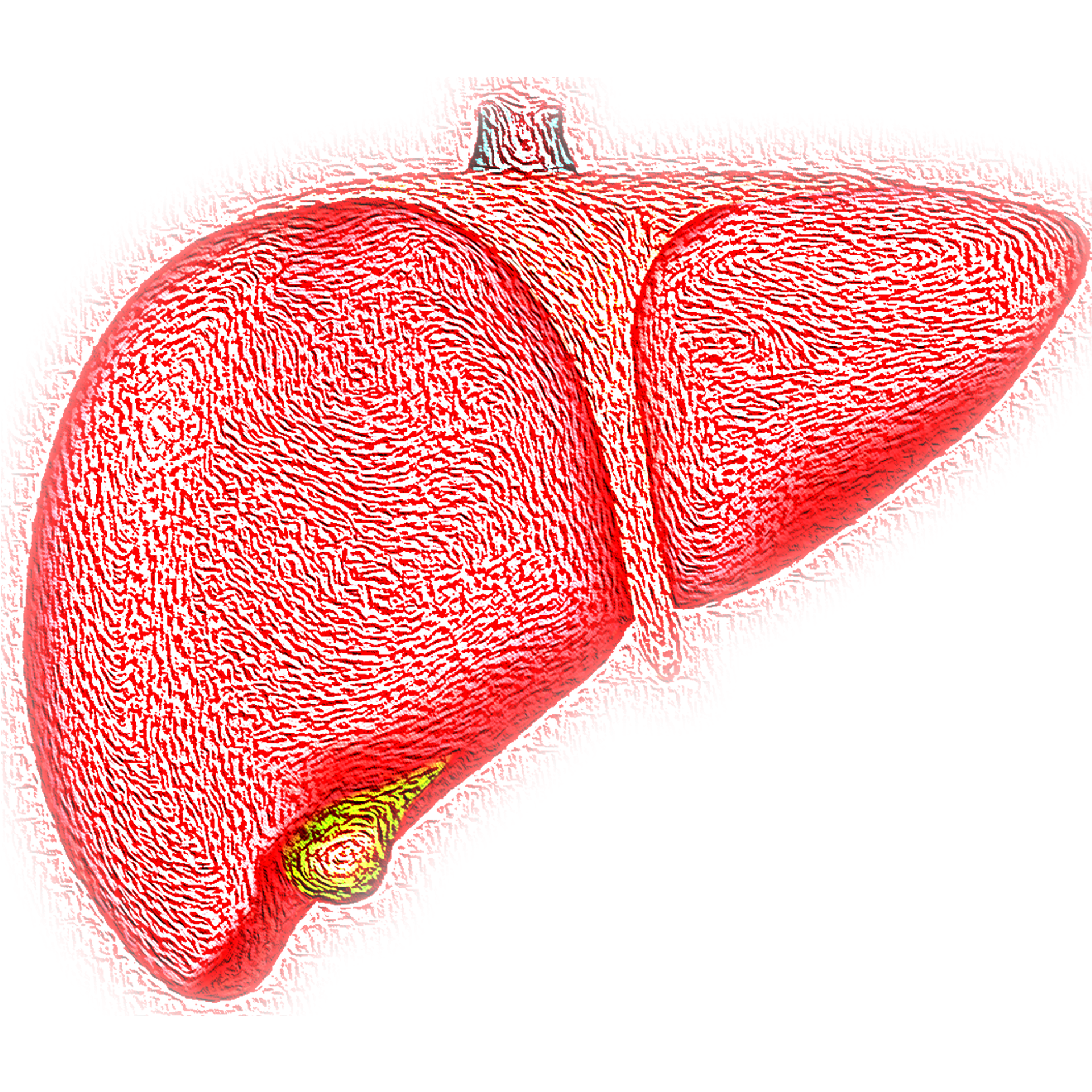Could Vitamin Deficiency be Stalling Your Weight Loss?
Are you struggling to lose weight? If you have changed your diet and exercise regularly, it can be incredibly frustrating when you stand on the scales and your weight doesn’t budge. Don't let that frustration turn into a stalemate. In this article we are going to explore some underlying reason you are unable to shed those excess pounds. It could be as simple as a vitamin deficiency.
Have you Started Eating Less of Everything?
 If your approach to weight loss is to eat less of everything, instead of eating less of certain foods and more of other foods, it's very possible to experience nutrient deficiencies. For example the most common approach for reducing weight is to reduce calories. Following this logic you simply need to cut back on the amount you are consuming. So if you are eating toast for breakfast, pizza for lunch, and cheese burgers for dinner you would simply need to reduce the amount of these you consume. Most of the time this will actually work, calories and quantity of food does matter. However, this approach is overly focused on macronutrients (carbs, fats and protein) and calories and misses the micronutrients. It will therefore will lead to stall or stagnation in weight loss. The micronutrients are need for the body to run efficiently and utilize all of the macronutrients you consume.
If your approach to weight loss is to eat less of everything, instead of eating less of certain foods and more of other foods, it's very possible to experience nutrient deficiencies. For example the most common approach for reducing weight is to reduce calories. Following this logic you simply need to cut back on the amount you are consuming. So if you are eating toast for breakfast, pizza for lunch, and cheese burgers for dinner you would simply need to reduce the amount of these you consume. Most of the time this will actually work, calories and quantity of food does matter. However, this approach is overly focused on macronutrients (carbs, fats and protein) and calories and misses the micronutrients. It will therefore will lead to stall or stagnation in weight loss. The micronutrients are need for the body to run efficiently and utilize all of the macronutrients you consume.
So what are micronutrients? Micronutrients are vitamins, minerals, and all the other good-for-you parts of plants like carotenoids, bioflavinoids, and other antioxidants. The longer you are on a diet that is devoid of micronutrients and focuses only on macronutrients, the sooner you are likely to develop deficiencies in minerals and vitamins. while fewer calories typically are required for weight loss, you need to ensure you are consuming enough nutritious foods like vegetables to get your essential vitamins and minerals.
Specific Vitamin Deficiencies and Weight Loss
The first thing I want you to know is that using a specific vitamin to replenish a deficiency is different than just taking more vitamins. For instance, if we know that you are deficient in a vitamin that typically hinders weight loss taking more of this vitamin is a good idea. However if you are struggling with weight loss and you just take more of this vitamin and you are not deficient, this will not produce the same effect and may even lead to more problems. Now that we got that clear, let’s take a look at some specific vitamin deficiencies and the impact they have on weight loss.
Vitamin B3 also know as niacin can be important in helping the body produce adiponectin. This is a hormone secreted by the fat cells signaling them to burn the fat they have stored. Without proper amounts of this hormone, fat will stagnate in the cells. Vitamin b3 is needed for it's production. Niacin is also needed to process carbohydrates and convert them into energy. Be careful with this one though, too much b3 has been linked with insulin resistance (prediabetes).
Vitamin D is required in optimal carbohydrate metabolism. When vitamin D is deficient there is a higher tendency towards storing carbohydrates as fat and increased risk for prediabetes and diabetes. This vitamin is also strongly linked with increased weight, which is likely different than it's influence on glucose processing. Vitamin D also has many important roles in regulating and optimizing gene expression. You can easily have this tested with a simple blood draw for 25-hydroxy vitamin d3.
Vitamin B5 or pantothenic acid is needed for the formation of acetyl CoA an essential process in metabolism of fats and carbohydrates. Vitamin b5 can also been shown to help reduce hunger. It is not a very common deficiency but can be induced by long term stress or short terms higher intensity stress.
Finally, a magnesium deficiency can impair the bodies ability to use glucose for energy. This too is linked with diabetes and results in more glucose turning into stored fat. Magnesium is needed for many other essential reactions though, like the breakdown of estrogen and many toxins. All of these vitamins have many functions outside their role in weight loss. The thing to remember in the context of all these potential weight loss solutions is that an actual deficiency is needed. Taking in more of these vitamins without a deficiency will probably not help with weight loss.
Naturopathic Treatment for Weight Loss
I imagine if you are reading this you have tried numerous approaches in your attempt to lose weight. Naturopathic treatments focus on supporting the body so it can heal and rebalance itself. To find out where support is needed a detail history followed by laboratory studies are typically done. A balanced naturopathic approach to weight loss typically includes improving detoxification, optimizing digestion, balance blood sugar and improve insulin sensitivity, optimize hormones (thyroid, sex hormones, and adrenals), correcting vitamin deficiencies and refining your exercise and nutrition.
Here at Southwest Integrative Medicine, we are experienced in finding weight loss solutions that ensure your getting all the vitamins you need and loose weight healthily. Why not book in for a consultation today?


















